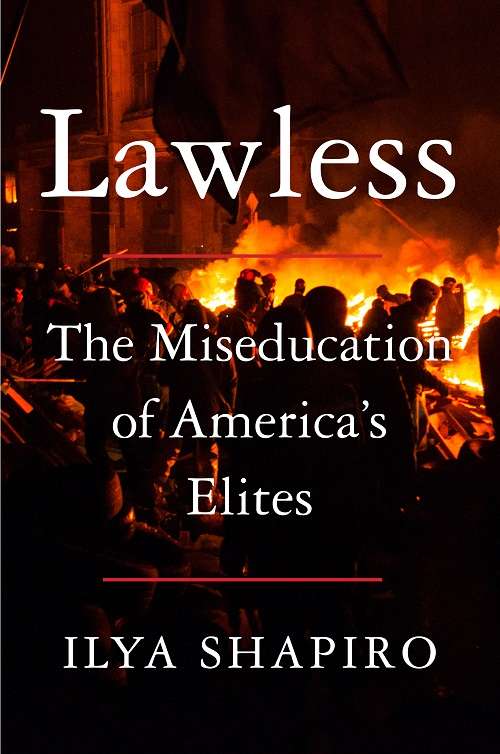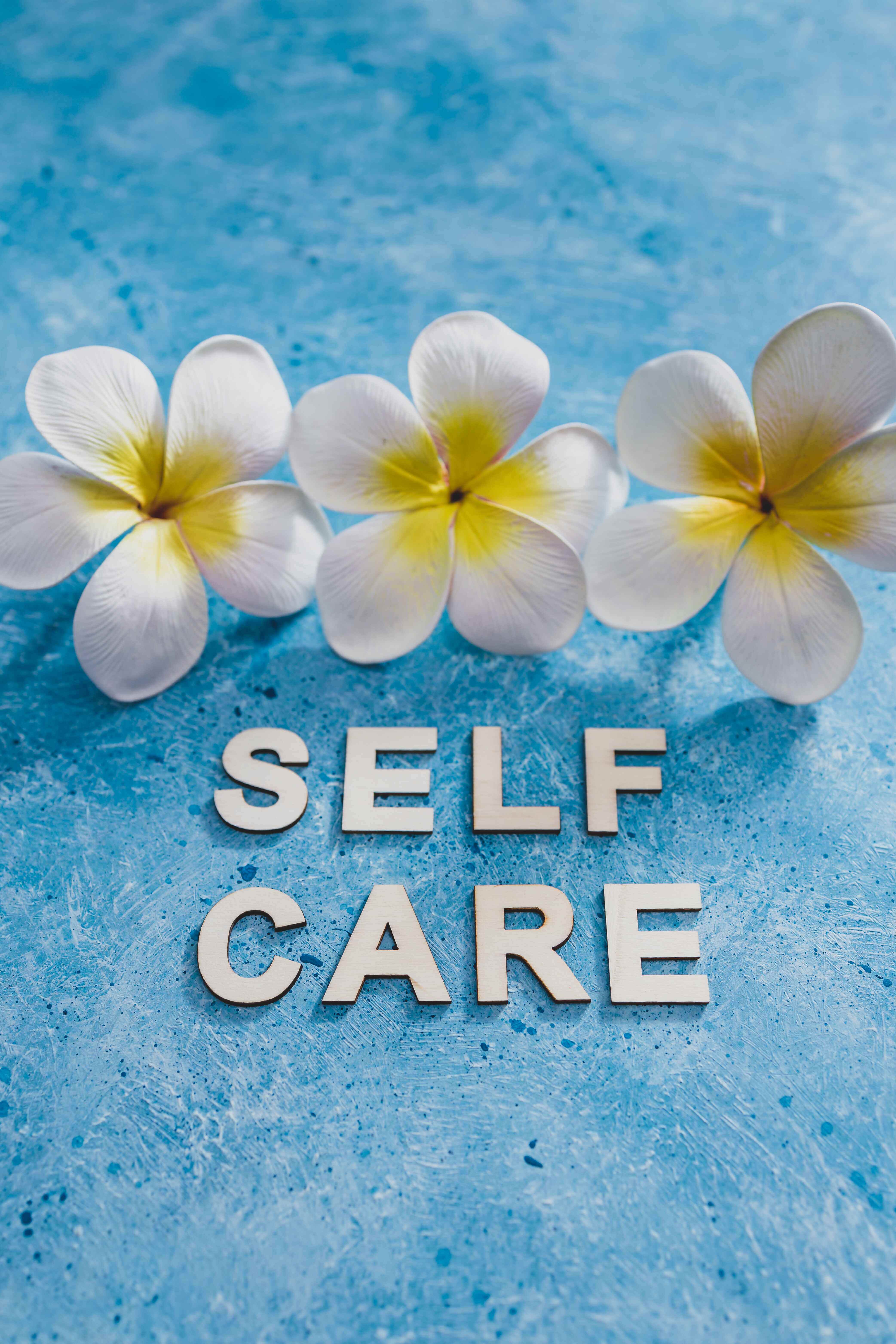Lawless V: Where Do We Go From Here?

This isn't rocket science. University officials know how to set campus culture. Whether it's entrepreneurship, public service, environmental consciousness, or anything else, they instill values in their students all the time. It wouldn't be that hard to do with commitments to academic freedom, intellectual diversity, civil discourse, and returning to the core educational mission of truth-seeking and knowledge-creation. Fixing campus cultures seems like a management issue.
Indeed, the University of Chicago has largely avoided cancel-culture issues even in the last five years of campus upheaval. Former president Robert Zimmer was a rarity among his peers in standing up to all sorts of moral panics, most notably in defending geophysics professor Dorian Abbot's right to criticize the university's affirmative action programs.
UChicago's law school, which is where I got my JD, has similarly avoided shoutdowns and the like. For example, when a student facilitated the disruptive protest of an event regarding Israel in April 2019, he was effectively expelled and there haven't been any incidents since.
Creating such an environment requires intentional effort, which is to say: leadership. Dean Thomas Miles gave a presentation to alumni in May 2023 that explained the formula. First, he set out the "community priorities," which consisted of: (1) imparting the law school's core values (academic rigor, free inquiry, intellectual curiosity, and dialogue), (2) fostering a climate in which students build community and class affinity, (3) encouraging professionalism and respectful communication, (4) fostering a sense of belonging, and (5) promoting wellness and resilience. Miles had a separate slide on the freedom of expression, in which he discussed introducing students to the Chicago Principles (on which more shortly). Miles noted that the faculty works hard to "educate our community," including with orientation exercises and the practice of model discourse, as at roundtables where professors debate controversial issues.
Dean Miles did have a slide on diversity and inclusion, but there were no postmodern buzzwords; even "equity" was absent. His approach is to bring people of diverse backgrounds together and help them feel welcome and prepared to succeed—while emphasizing that academic freedom and free expression are the lodestars for doing so. As I said, it's not rocket science.
The best way any institution can stop the illiberal tide is by adopting the "Chicago Trifecta": the Kalven Report, requiring institutional neutrality on political controversies; the Shils Report, making academic achievement and merit (not viewpoint) the sole basis for hiring and promotions; and the Chicago Principles of Free Speech. More than 100 universities have adopted the Chicago Principles, including the statewide systems of North Carolina, Texas, and Wisconsin. Still, adopting the Principles is a necessary but not sufficient condition for a campus culture that fosters a spirit of open inquiry. Georgetown and Columbia have endorsed the Principles, for example, but their values are very much in doubt among both students and faculty.
Moreover, as we see from survey results, self-censorship pervades academia, detracting from any intellectual mission. Many "old school" professors leave academia entirely—such as my gracious host Eugene Volokh's move from UCLA to the Hoover Institution and the early retirement of five right-of-center law professors at the University of San Diego. As the Stanford Academic Freedom Declaration states: "Free speech, they say, so long as the speech does not offend or exclude; free speech, so long as it does not challenge institutionally approved narratives and conceptions of social justice; free speech, but only within narrow credentialed boundaries. These restrictions are counterproductive, sometimes even to their goal of advancing a particular ideology. People infer from censorship a desire to protect lies from being exposed."
For that matter, while much of my book is concerned with deans of student affairs and DEI, admissions deans should be evaluated for admitting students with the character to respect norms of open discourse. Admissions offices, particularly at higher-ranked schools, have been too focused on activists instead of advocates, social-justice warriors instead of scholars. Some schools attract the sorts of people who would undermine the rule of law instead of upholding it. It would significantly change law-school cultures if admissions officers valued the desire to be a workaday lawyer more than a "change the world" messianic fervor.
Moreover, U.S. News & World Report recently rejiggered its ranking formula—in part to hide objective measures and thus reinforce diversity regimes ahead of the Supreme Court ruling that outlawed racial preferences—so why not add a speech-protection criterion? And why not include it in the ABA's checklist for renewing accreditations? To be truly inclusive, law schools must provide students the freedom to engage the law. That'll also make them better lawyers, including for progressive causes. As FIRE's Robert Shibley wrote after Georgetown defenestrated two adjunct law professors for alleged thought crimes, "University decision-makers are insulated from much of the pressure that accompanies other jobs precisely so they can make principled decisions that will bear examination in the decades and centuries to come."
But they won't do it themselves, because the incentives are misaligned. When I left Georgetown, I wasn't holding my breath, but now we're seeing a backlash to our illiberal inquisitors. It can't all be done from within, so we need external controls from state legislators and attorneys general, and federal oversight tied to funding. We also need exogenous shocks like Judge Jim Ho's boycott of Yale and Stanford for clerk hiring and employers' shying away from hiring Hamas supporters or those who scream at judges that they hope their daughters are raped.
Beyond their ideological foibles, law schools are raising lawyers unable to stand up to tough judges and opposing counsel. Remember the words of the indomitable former UChicago president Hanna Holborn Gray: "Education should not be intended to make people comfortable, it is meant to make them think. Universities should be expected to provide the conditions within which hard thought, and therefore strong disagreement, independent judgment, and the questioning of stubborn assumptions, can flourish in an environment of the greatest freedom."
There's nothing wrong with diversity, equity, or inclusion as values or goals. It's good to assemble people with diverse perspectives, to prevent groupthink, promote ideas, and develop knowledge. Equity is a centuries-old legal concept that boils down to fairness and justice. Who can object to people feeling included, to better engage in their educational mission? The problem arises when dogma perverts those basic words to mean the opposite of their definitions: to stifle intellectual diversity, undermine equal opportunity, and exclude dissenting voices.
I haven't let those four farcical months define me, but am using my spotlight to expose institutional rot. I still marvel at the perfect storm. As a Georgetown Law alum wrote, "It was an unholy trilogy that attacked Shapiro. … the remarkably stupid who lacked the basic skills to understand his statement; there were grifters who saw an opportunity for self-advancement; and there were the invertebrates who saw appeasement as an easy alternative to integrity."
Regardless, I remain in the arena, trying to affect areas ranging from speech and federalism to civil rights and deregulation. And I continue watching the Supreme Court, including with an updated paperback of my last book, Supreme Disorder. I'm generally long on America—like Brett Kavanaugh at his confirmation hearings, I live on the "sunrise side of the mountain"—but I'm pessimistic about academia, if slightly less so than in summer 2022. Perhaps we've passed "peak woke" in society writ large, but we may have passed the point of no return on the illiberal takeover of higher education. Still, the battle has been joined.
The post <i>Lawless</i> V: Where Do We Go from Here? appeared first on Reason.com.


